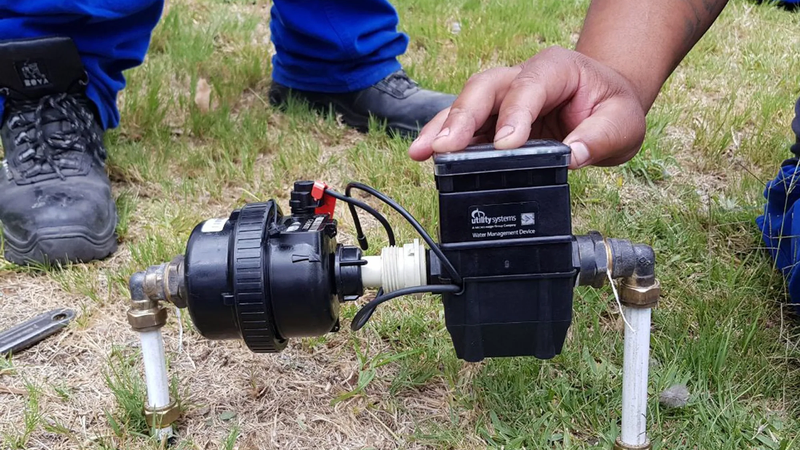In a bid to alleviate the financial pressures faced by many South Africans, the South African Local Government Association (SALGA) in KwaZulu-Natal has called for a zero-rated VAT on essential services like water and electricity. This proposal aims to provide much-needed relief to financially overstretched citizens.
Sabelo Gwala, the Director of Operations for SALGA in KZN, emphasized that imposing a blanket VAT increase on all goods could have severe consequences for the country and its most vulnerable citizens. During an interview on SAfm, Gwala proposed a more balanced approach: “Why don’t we have a staggered approach, where basic goods directly impacting consumers remain zero-rated, and luxury items could see a VAT increase of 2%?”
This proposal comes just ahead of Finance Minister Enoch Godongwana’s revised budget speech scheduled for March 12, following a delay on February 19 due to disagreements over a proposed 2% VAT hike. The current VAT rate stands at 15%, and the debate has sparked intense discussions, particularly within the Government of National Unity (GNU).
Gwala added that while zero-rating essential goods is a viable option, there are risks: “Goods that are zero-rated could ultimately see price increases.” Despite this, SALGA has formally submitted its proposal to the relevant departments, advocating for a system that prioritizes the needs of ordinary citizens without leaving the government in a bind, particularly in light of mounting debt concerns.
The organization, which represents all 257 municipalities in South Africa, has long argued for this approach. Gwala pointed out that while it’s crucial to address fiscal challenges, the financial strain on citizens cannot be ignored. The association believes that basic goods should be exempt from VAT to protect vulnerable households.
The proposal has been met with support from other community organizations, including Ish Prahladh, the president of eThekwini Ratepayers and Residents (ERR). Prahladh expressed his approval, saying, “This is what we have been saying for many years. The taxpayers are overburdened by VAT, and many are feeling the emotional toll of financial hardship.” Prahladh also highlighted the difficulties faced by those relying on social grants, particularly the elderly, who should not have to pay VAT on essentials like water and electricity.
“Why should an elderly pensioner who relies on a pension be charged for using water and electricity? These services should be free for them,” Prahladh argued. His statement resonated with many, sparking further discussion on the broader issue of social services and tax fairness.
Alongside the VAT proposal, Prahladh also raised concerns about the ongoing water crisis in eThekwini, criticizing the city’s failure to resolve the issue. He vowed that the ERR would increase pressure on the ANC-IFP-EFF governing coalition to address the situation, which has left many residents paying for a service they aren’t receiving.
“We will not allow this,” Prahladh declared, referring to the years of unresolved water issues. “We are paying for a service that we are not using, and it’s unacceptable. As ratepayers, we will continue to fight until something is done.”
As the debate over VAT continues to unfold, all eyes will be on the March 12 budget speech to see if Godongwana’s plan includes relief for struggling South Africans, especially those most in need. The future of the country’s fiscal policy is on the line, and this latest proposal could be a key turning point in the ongoing financial debate.
